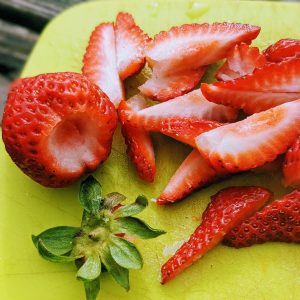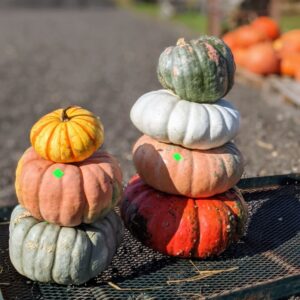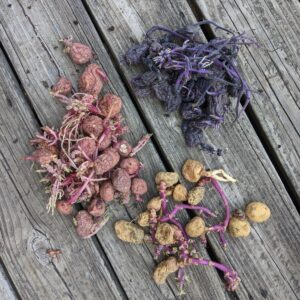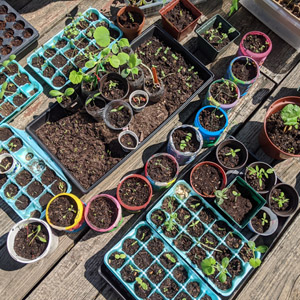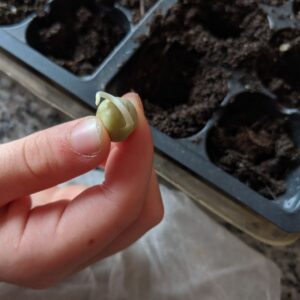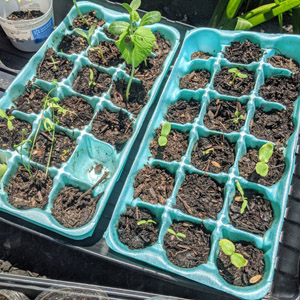Understanding Seedless Watermelon Seeds & Plants
Ah, delicious, juicy watermelon—without seeds! I’ve always wondered where seedless watermelons come from and how you get seedless watermelon seeds in the first place. Turns out it’s a fairly complicated scientific process for the amateur gardener. Still, I’m super interested so I decided to dig into it a bit.
So many questions come to mind about how seedless watermelons reproduce, if they’re natural, and on and on.
I’ll dig into the questions first and then walk you through where seedless watermelon seeds come from!
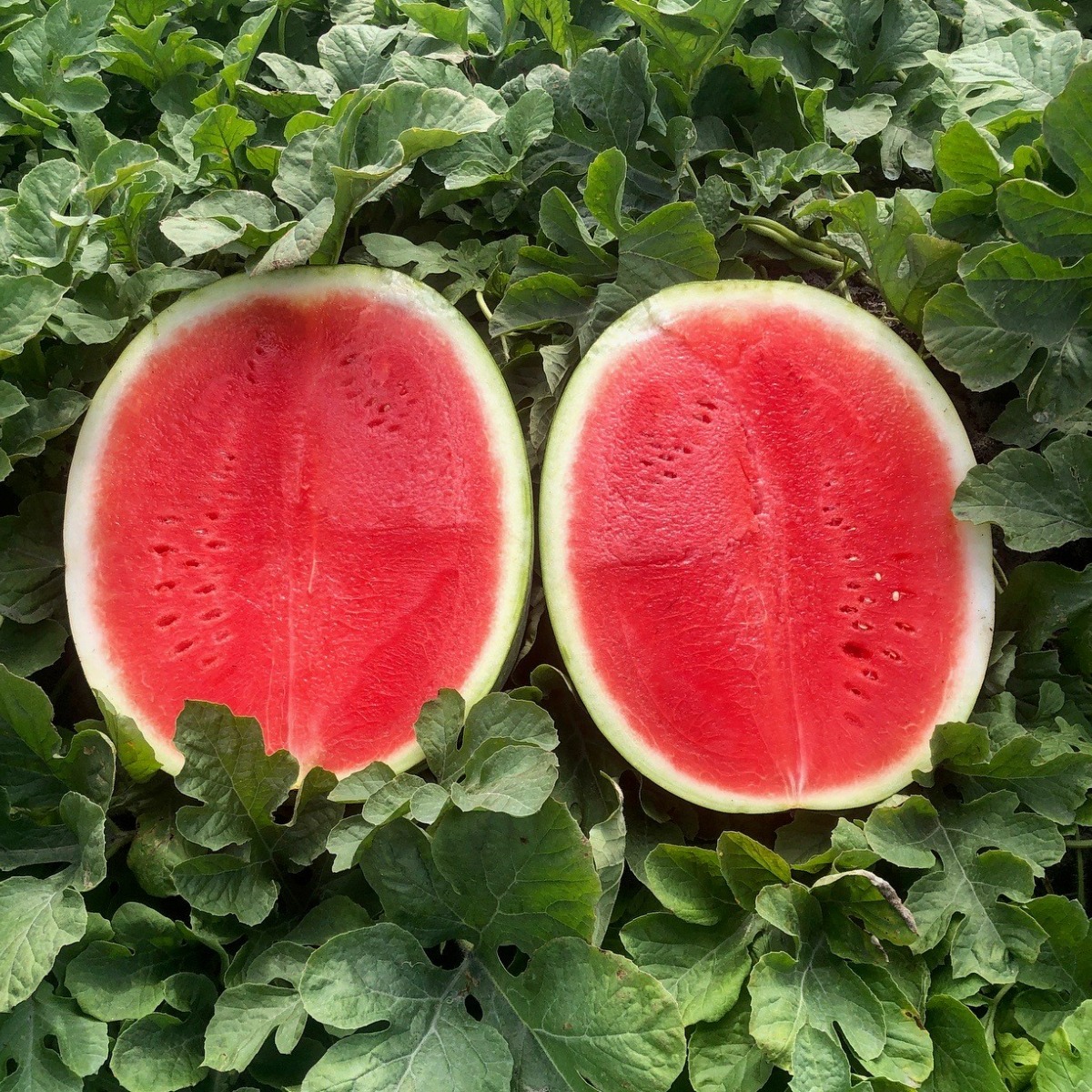
(And, as a fun spoiler alert – keep reading to the end! I enjoyed the pleasure of connecting with Rachel Syngo from Melon 1. Melon 1 is one of our country’s largest and most established watermelon growers and shippers. Rachel’s shared some great info about seedless watermelons throughout this post, straight from an expert source on seedless watermelons.)
When did seedless watermelons become popular?
Seedless watermelons gained popularity in the United States in the 1990s. Originally developed by Japanese scientist Professor H. Kihara at Kyoto University, seedless watermelons first evolved from 1939 to 1951, when Kihara documented his studies.
Seedless watermelon super grower Melon 1 first began growing seedless watermelons regularly around 25 years ago.
“The industry began to change when seed companies began doing extensive field trials of seedless watermelons and we discovered two things,” says Rachel Syngo, Director of New Business at Melon 1, a company founded by her father and his two business partners.
“First, is that other than a few white immature seed coatings that appear in seedless watermelons, there were really no hard black seeds!”
“And second, the shelf life and internal quality of a seedless watermelon was significantly different than a seeded watermelon.”
“As we did consumer testing, the choice became clear: people really love a seedless watermelon,” she says.
Where do seedless watermelons come from?
Seedless watermelons come from a hybridization process where different types of watermelon seeds grow in the same field. The parent plants cross between types and result in an infertile watermelon that produces no seeds.
Are seedless watermelons natural?
Yes, seedless watermelons are natural. The seedless watermelon growing process is science and selective breeding at its best, where a desirable trait is achieved by cross-breeding parents to pass on that trait – aka, a watermelon with no seeds.
Are seedless watermelons GMO?
No GMO watermelons are sold to the public. Seedless watermelons are the product of cross-breeding to arrive at an infertile plant. Watermelons without seeds merely have three copies of their chromosomes, leaving them sterile and unable to reproduce.
In general, seedless fruits are not genetically modified organisms (GMO).
Originally, my young daughter imagined they sprayed something onto the fruit to make it infertile after fruiting. Although this may seem to be a plausible theory, seedless watermelons are not GMO and this is not how they become seedless.
Are seedless watermelons bad for you?
No, seedless watermelons are not bad for you. These watermelons without seeds are just as healthy as traditional seeded watermelons. Most people actually prefer seedless watermelons! The main difference is they’ve been bred to be infertile so that they cannot reproduce on their own.
Of course, as with all things, the key is moderation. 🙂 Eating too many sugary fruits in general could possibly have an impact on your blood sugar or may cause GI symptoms. (Most people will not have any issues!)
How do you get seedless watermelon?
Seedless watermelon seeds (triploid watermelons) grow into plants that require fertilization by a seeded watermelon (diploid) in order to produce fruit. Home gardeners *must* grow both seedless watermelons and seeded watermelons next to each other in order to yield a seedless fruit.
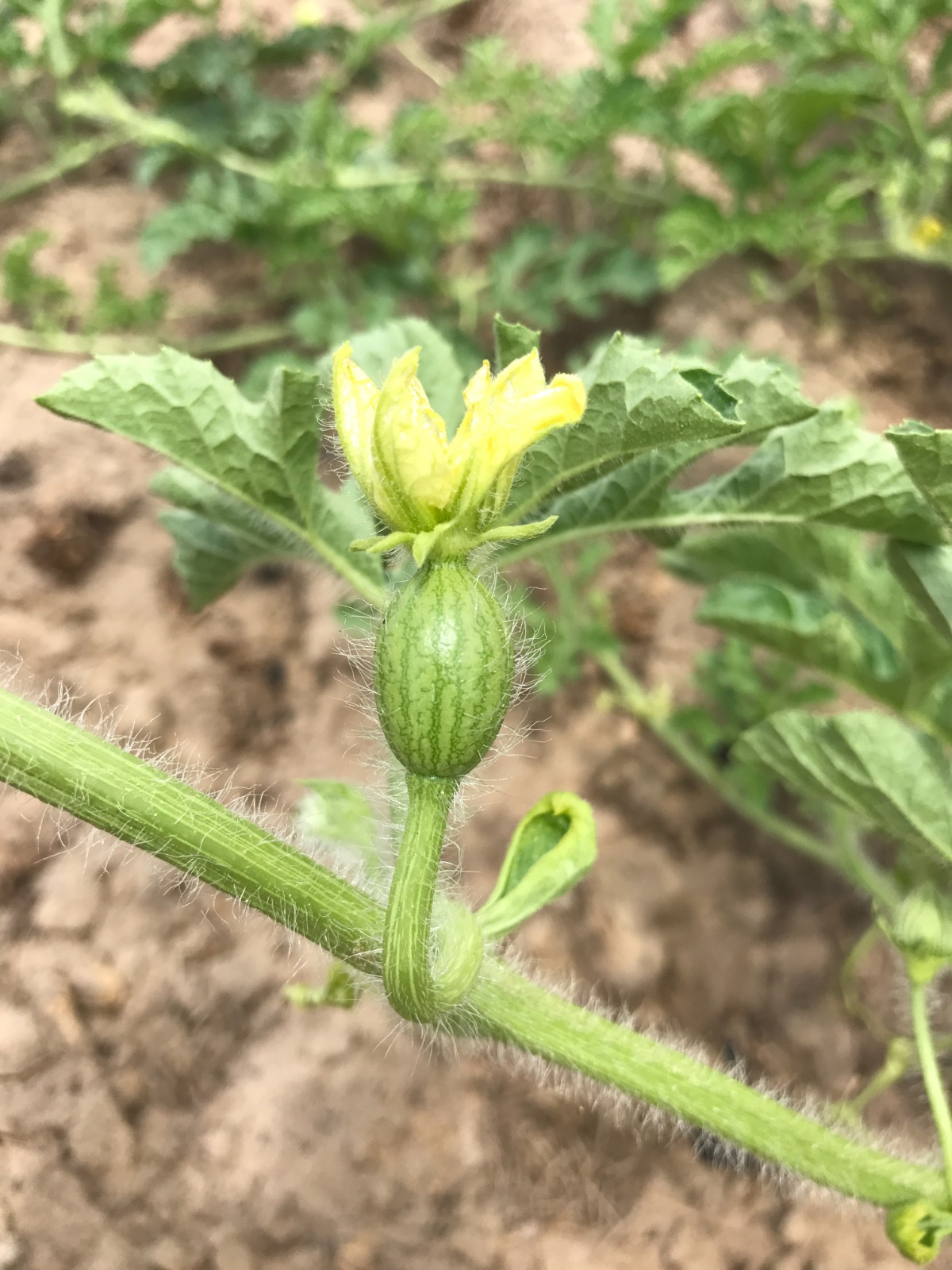
How are watermelons seedless? (How can seedless watermelons exist?!)
“A seedless watermelon is a sterile hybrid, which is simply created by crossing the male flower pollen for a watermelon with 22 chromosomes, and a female flower pollen with 44 chromosomes, so when this watermelon matures, it is incapable of producing seeds,” explains Rachel Syngo of Melon 1.
“The common example shared is that of a mule,” she adds. “Mules exist by crossbreeding a horse and a donkey. To be clear, there is not any genetic modification involved in this process. In fact, it often happens with plants in nature, because of the work done by our amazing pollinators who are cross pollinating flowering plants all the time!”
How do you get seedless watermelon seeds?
In most cases, plan to purchase seedless watermelon seeds when you need them rather than trying to produce them yourself. The process of how seedless watermelons reproduce is a bit complicated. Successful seedless watermelons require pollen from a seeded variety crossing with the sterile hybrid seedless watermelon. This allows the seedless plant to bear fruit but no seeds.
How can home gardeners grow seedless watermelons?
Any gardener can plant seedless watermelon seeds. Growing fruit from those seeds requires an extra step.
“Companies can sell seedless watermelon seeds. There’s a big HOWEVER though…” says Rachel Syngo of Melon 1. “You must also grow a seeded watermelon right next to it so that a pollinator can reach both flowers on the vine.”
“Basically, you must have a seeded watermelon to grow a seedless watermelon,” she says. “What we do at our farm is that for every 3 seedless watermelon plants we plant, we also plant 1 seeded watermelon plant. The bees do the rest!”
How much pollination results in successful fruiting of seedless watermelons?
“As a fun fact, it takes at least 12 stops from a bee on a seedless watermelon vine flower for proper pollination,” Rachel Syngo says. “To break it way down, the bees we use make around 5,000 stops PER DAY going from flower to flower in our fields gathering nectar.”
“It’s really just a miracle in nature that they go in between the plants enough to actually turn that watermelon flower on the vine into fruit.”
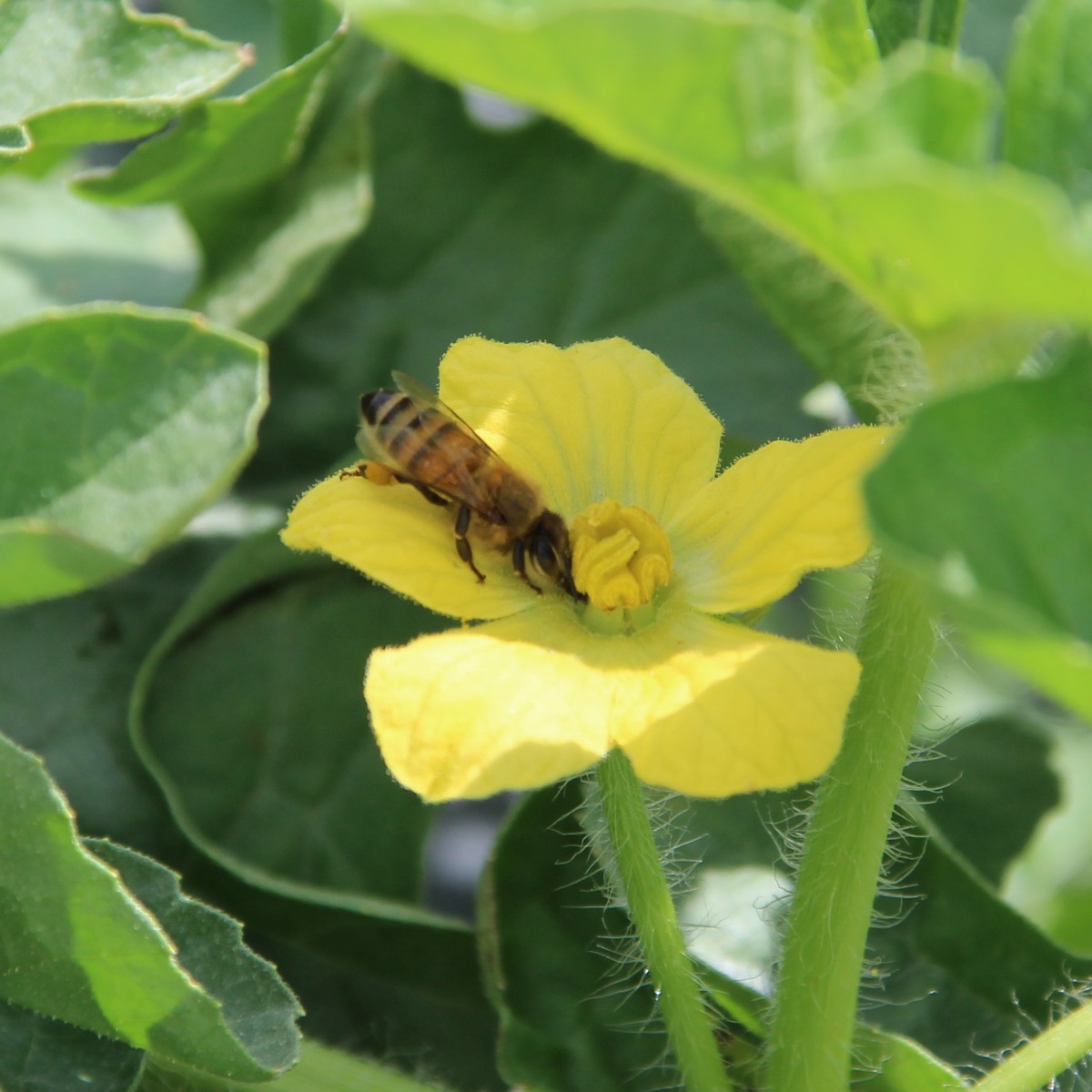
Why can’t seedless watermelons reproduce on their own?
Seedless watermelons involve crossing diploid and tetraploid watermelons to form a triploid watermelon that is seedless and sterile in nature. Diploid watermelons have two copies of their chromosomes, while tetraploid watermelons have four copies. Therefore, triploid watermelons have three copies of their chromosomes and are infertile and unable to reproduce on their own.
NC State University’s Department of Horticultural Science posted a great article about the science behind seedless watermelon breeding. Rather than paraphrase it, I’m going to send you over there. They’ve outlined the process in a much more eloquent and complete way than I could at this stage in my gardening discovery.
I also found this study entitled Rootstock capacity in improving production and quality of triploid watermelon seeds truly informative if you would like to learn more about seedless watermelon reproduction.
Seedless Watermelon Growing Tips
Growing your own seedless watermelons at home is possible with the right seeds and care. Be sure you start with both seedless watermelon seeds AND seeded watermelon seeds.
You might also benefit from choosing other watermelon companion plants besides the two melon varieties.
“Our biggest tip for gardeners is to make sure your watermelon plant does not receive too much water, or too much fertilizer (but it does need some!), and that you have some sort of pollination going on with pollinators in their garden,” shares Rachel Syngo of Melon 1.
“Bees do the best work, but monarch butterflies are our second favorite. If a gardener doesn’t see an abundance of pollinators nearby, we recommend planting some pollinator friendly flowers nearby.”
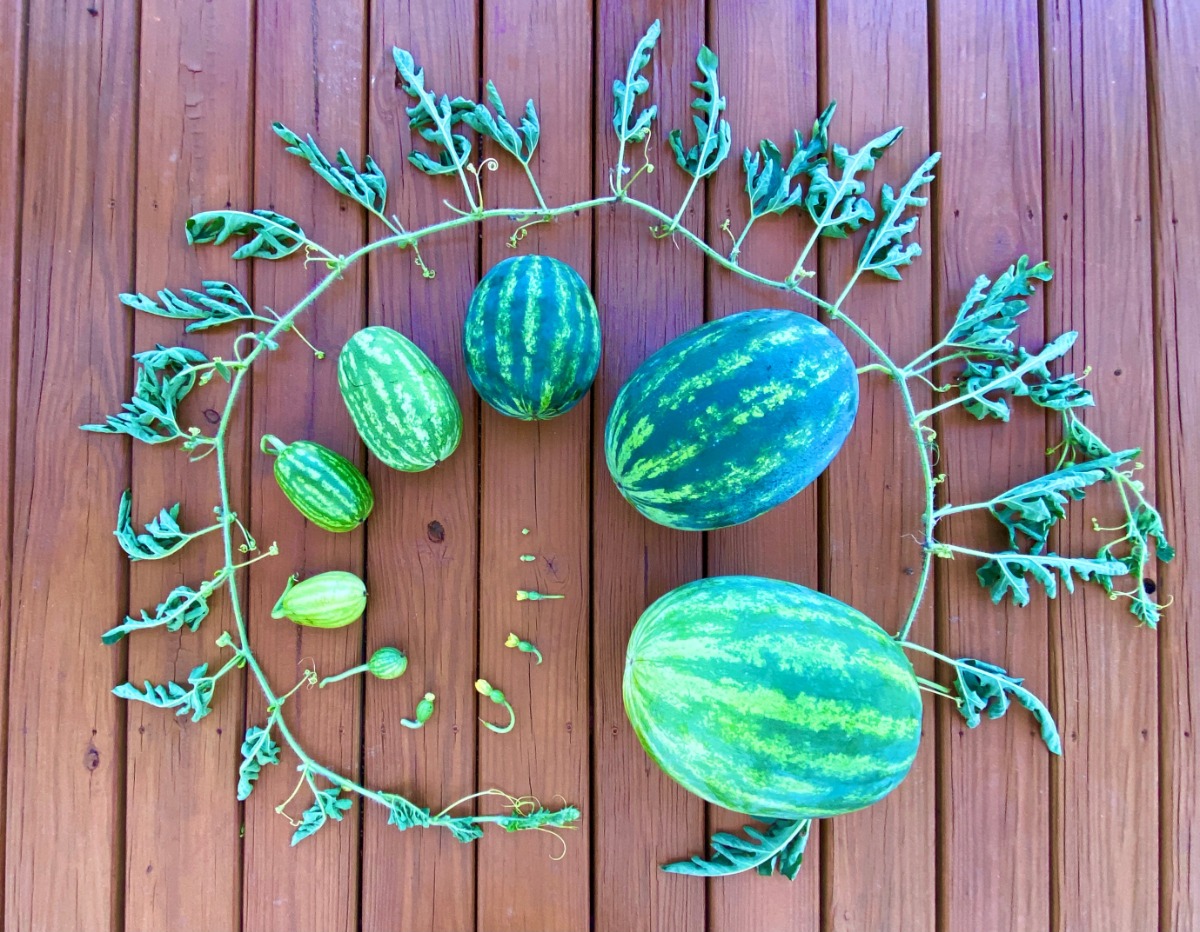
For more information, please visit Melon 1 online or check out Melon 1 on Facebook.
About the Expert:
Rachel Syngo is the Director of New Business at Melon 1, a company founded by her father and his two business partners. As an 8th generation watermelon grower and shipper, Rachel actively sells and markets Melon 1 watermelons from the Florida Headquarters of Melon 1 in Punta Gorda, FL.

